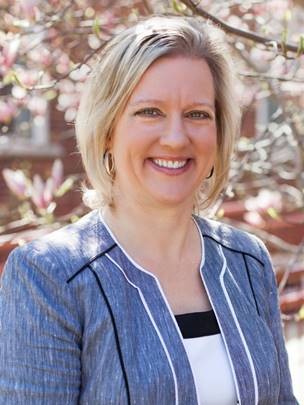United Lutheran Seminary fires president
Theresa F. Latini led an organization that taught that sexuality could be changed. She now rejects that—but students, faculty, and alumni charged her and the board with keeping that fact secret.

Less than a year after being created by combining two seminaries of the Evangelical Lutheran Church in America, United Lutheran Seminary in Pennsylvania fired its president. Eight members of its board of trustees have also recently resigned.
On March 14 the board wrote to constituents about its decision to ask Theresa F. Latini to leave, explaining that “the ongoing controversy surrounding her naming as president made it extremely difficult to overcome the issues related to trust as the president of this institution.”
The day before, Latini released a letter addressing concerns that had been raised in public conversations at the seminary in late February and early March. Latini acknowledged a primary issue for many: that in the 1990s she had directed an organization—formed by members of the Presbyterian Church (U.S.A.)—that “believed and taught that sexual orientation change was possible to varying degrees for some, if not many, LGBTQIA+ persons seeking to live in accordance with the former ‘fidelity and chastity’ standard” then in effect in the PCUSA. She also stated: “I profoundly regret my work in this organization. . . . I completely reject any and all other attempts to change one’s own or another person’s sexual orientation.”





